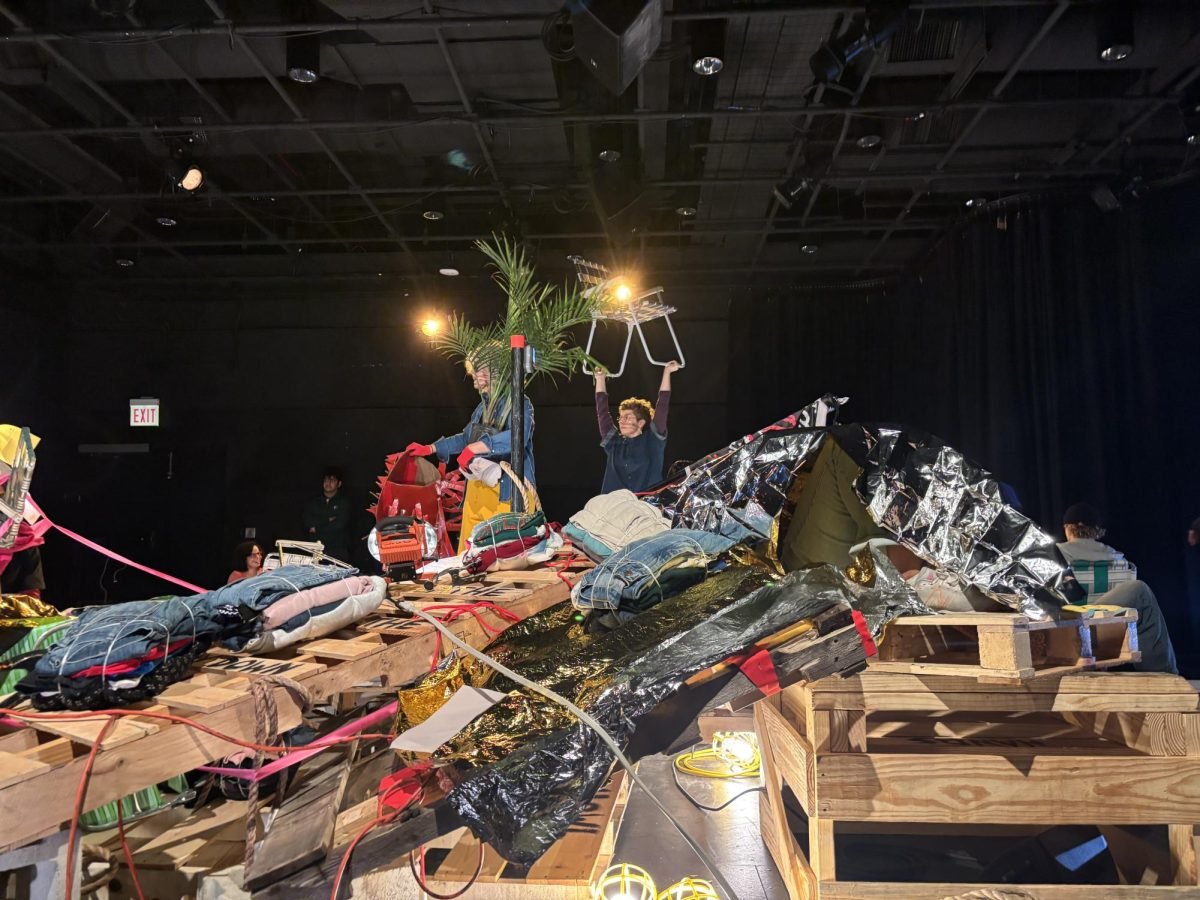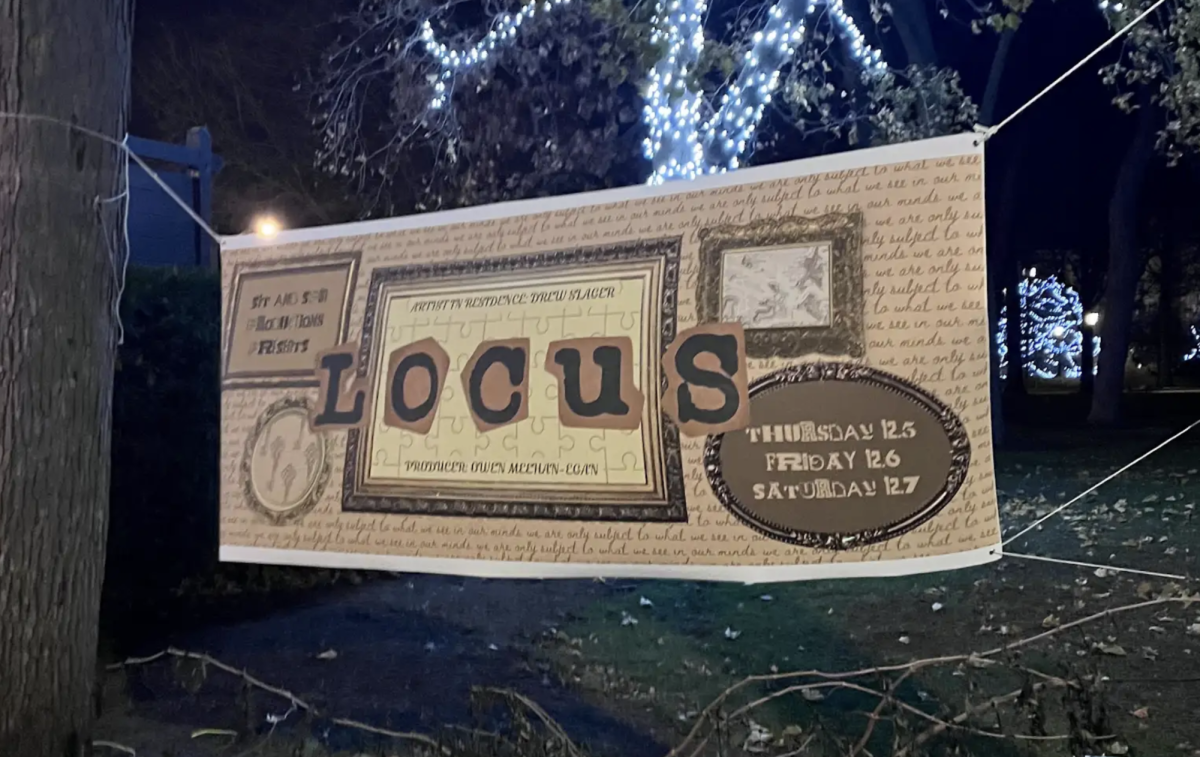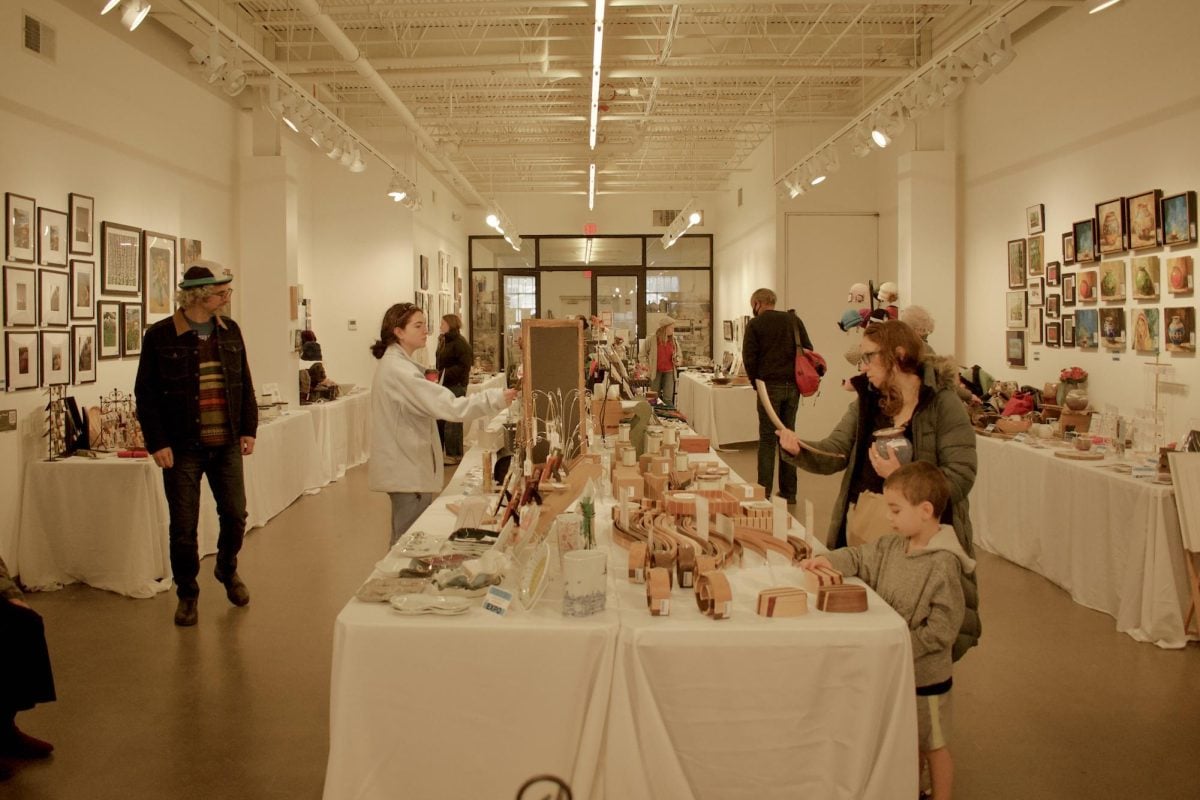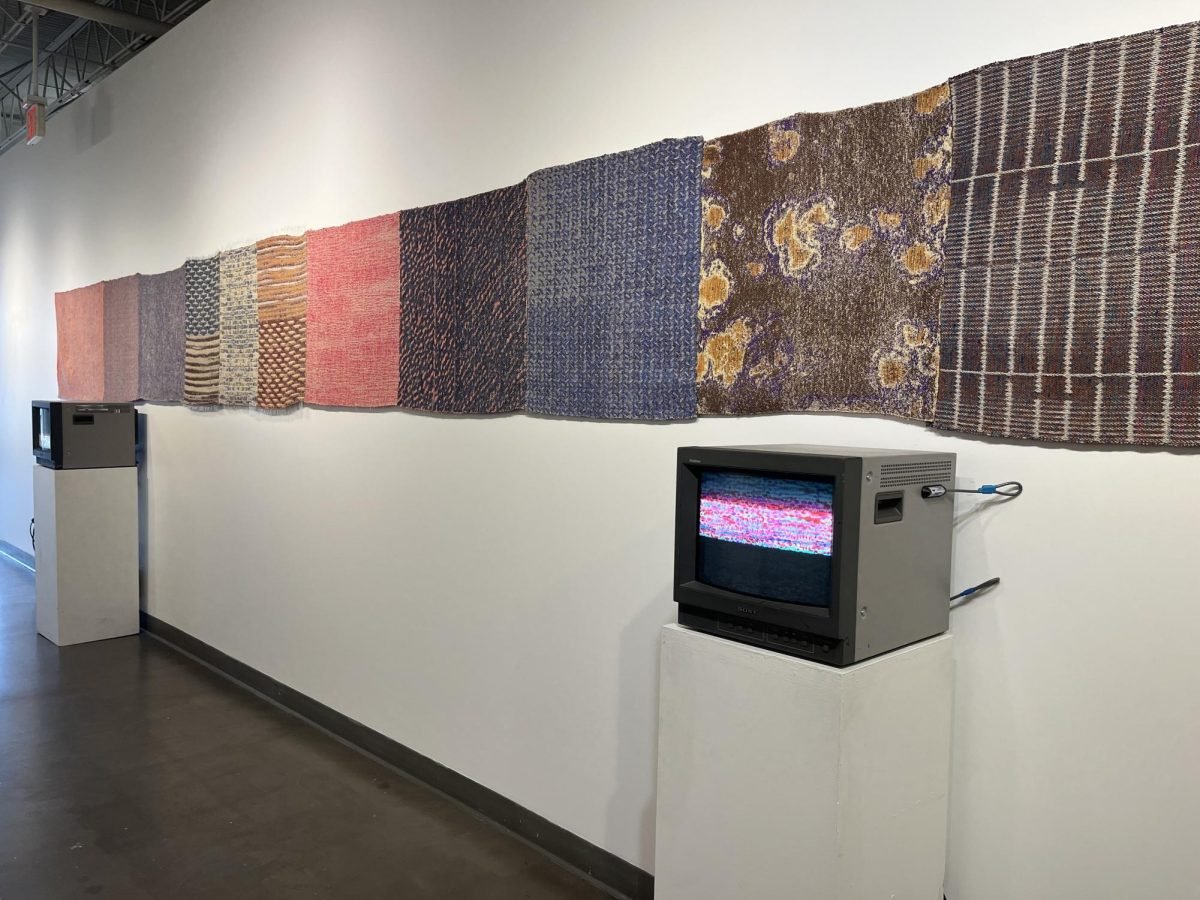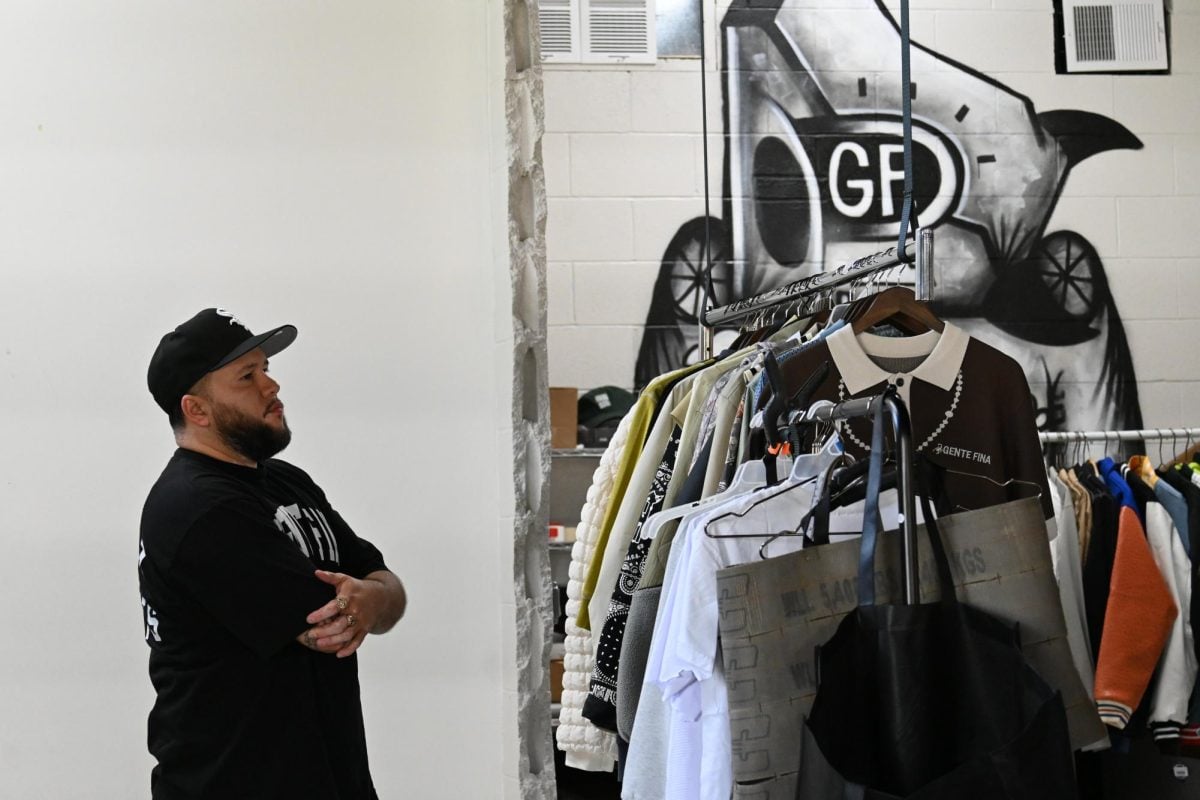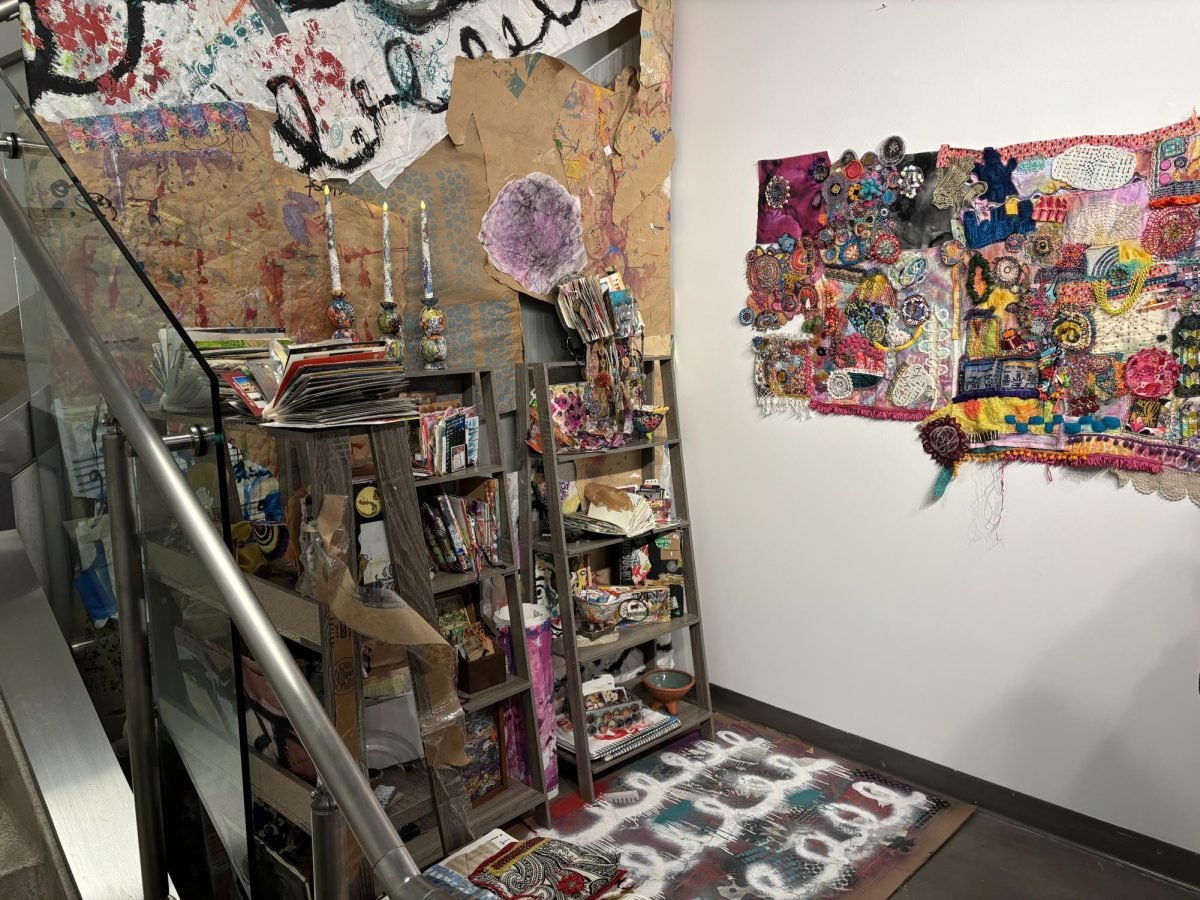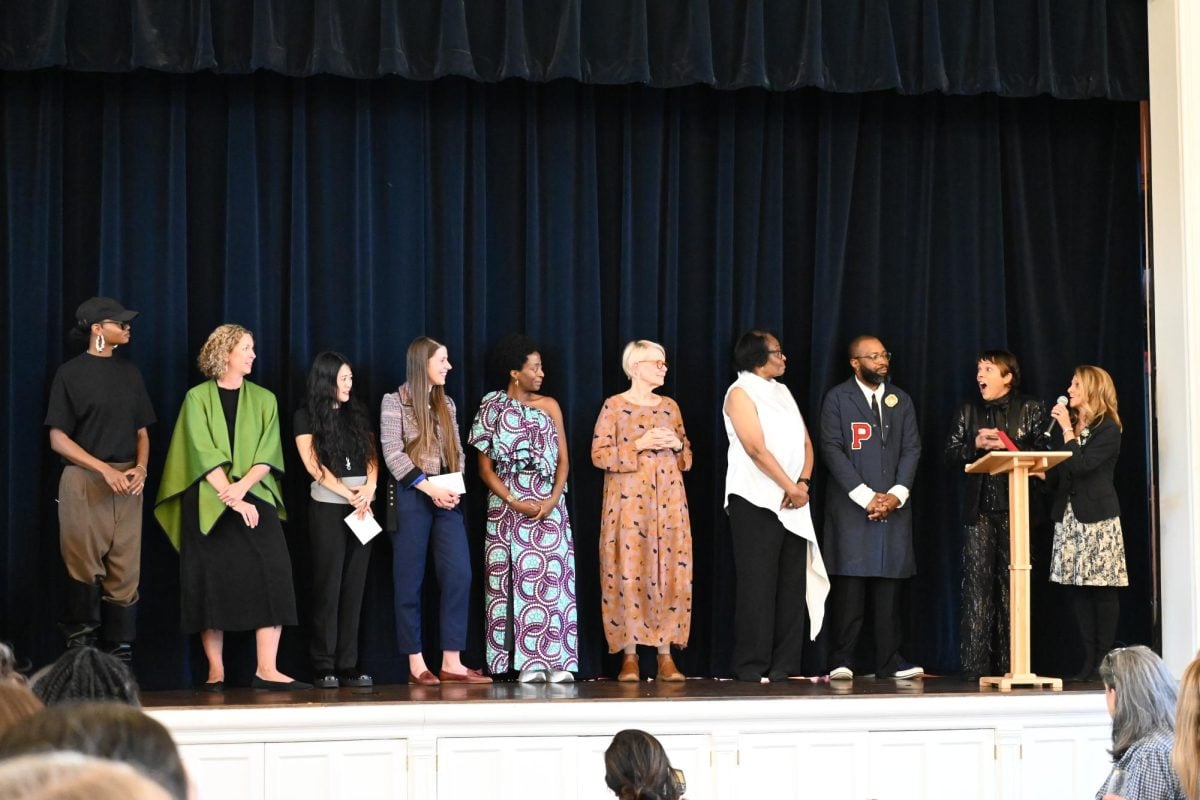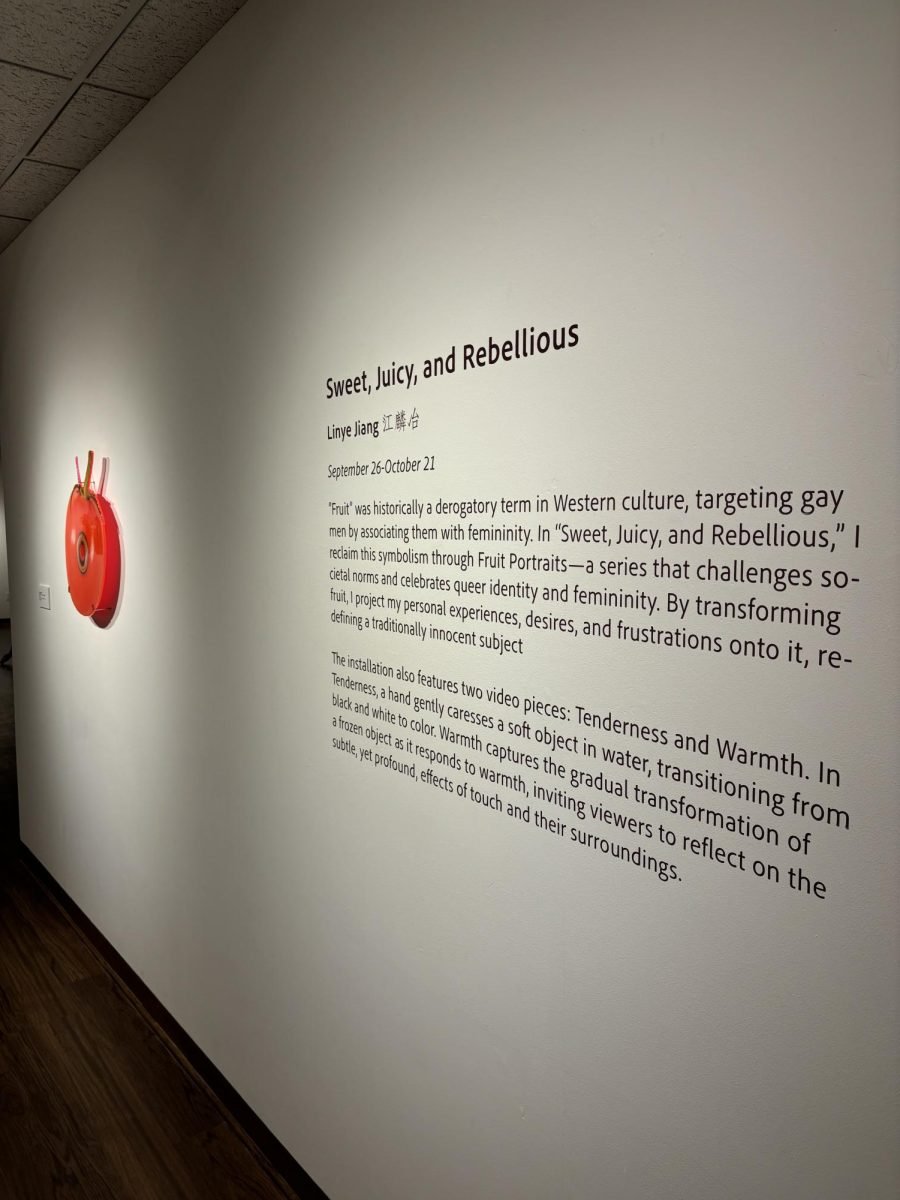In artist Yanira Castro’s latest performance, “I came here to weep,” there is no script, no audience and no program.
The interactive piece was designed by Castro and her production company, a canary torsi, and premiered Friday at The Virginia Wadsworth Wirtz Center for the Performing Arts and Media Arts in Chicago after a two-week residency.
One of the main themes of the piece is the complicated relationship between the United States and Puerto Rico. Castro said she wanted to highlight the territorial possession that Puerto Rico is subject to in this form of modern-day colonialism.
“It’s a complex relationship that I think most people don’t necessarily think about, and I am really trying to bring that up,” Castro said. “The land, ground, territory is something that we’re talking about all the time, whether it’s Gaza, Puerto Rico, you know, the global south in general.”
Attendees of the show are not part of the audience, though. Instead, they join the cast as part of the collaborative project. As they enter the theater, they are greeted by a contract written on plywood, calling them to take part in the piece they now inhabit.
The theater’s center was filled with wooden pallets and cinder blocks, and its walls were adorned with beach chairs, blankets, fans and construction equipment.
As various set pieces were moved, a dynamic score accompanied their action to emphasize their physical impact.
Communication Prof. Stephan Moore served as the sound designer for the piece.
“There’s a sound environment that is constantly evolving, but there’s also ways for the audience to interact directly with the installation and cause sounds to happen,” Moore said. “And there’s also, within the piece, not just ‘sound’ sound, but also vibration of the physical structure of the piece that can be felt.”
Through the scenarios presented in the piece, Castro said performance is the “perfect” place to practice how to act in a certain situation and how to shape culture.
Communication graduate student Louis Van Camp noted that the unfamiliarity and untraditional structure caught him off guard at first, but he soon began to appreciate the work.
“For me, to have to learn that everything was permitted (was surprising),” Van Camp said. “But after a few minutes of walking around and being a part of (it), it started to feel kind of cathartic and just to engage with the stuff and to lay down and to be a part of the art, it felt really liberating; really satisfying.”
“I came here to weep” is the product of an exhibition of the same name that Castro and a canary torsi previously worked on. The piece first ran in June 2023 at the Chocolate Factory Theater in New York.
Creative Producer Ariel Lembeck said the work evolved by pulling on ideas of self-determination and belonging while greatly expanding the interactivity of the piece.
During the piece’s time at the Wirtz Center, production placed an emphasis on experimentation with the hope that “I came here to weep” will continue to evolve.
“You’re catching us in this moment that’s really emergent,” Castro said. “The folks that come on Friday and Saturday will really help us to see what (it is), and how in our next residency, we’ll take it in a different direction, or maybe not; maybe build more on what’s already there.”
Email: [email protected]
Related Stories:
— Vertigo Productions’ ‘The Seagullman’ paints a hopeful picture of individual impacts on environmental crisis
— NU’s Vibrant Colors Collective premieres multicultural production of ‘You’re A Good Man, Charlie Brown’
— Evanston Art Center hosts ‘Dialogue Chicago: Out Loud’ exhibit, collaborates with 33 artists
